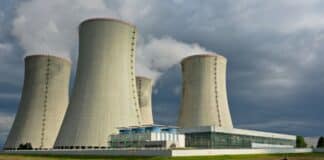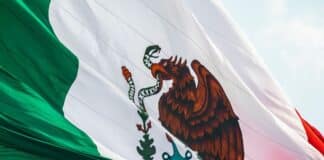Florida officials are moving fast to convert a remote Everglades facility into a migrant processing center dubbed Alligator Alcatraz, capable of housing up to 3,000 illegal immigrants—but the location, surrounded by swamps, alligators, and pythons, has ignited backlash from indigenous leaders who say the land is sacred.
The project, backed by Governor Ron DeSantis and approved by the Department of Homeland Security, is centered on the Miami-Dade Collier Training Facility, now being called “Alligator Alcatraz.” Officials tout the site’s natural barriers as a cost-saving advantage. “Mother Nature provides it for us,” said Florida Attorney General James Uthmeier, noting the facility requires minimal perimeter security due to the hazardous terrain.
But members of the Miccosukee tribe and other indigenous groups are strongly opposed, calling the area their ancestral homeland. “Rather than Miccosukee homelands being an uninhabited wasteland for alligators and pythons, as some have suggested, the Big Cypress is the Tribe’s traditional homelands,” said Miccosukee Chairman Talbert Cypress in a public statement.
The tribe argues the land has protected and sustained their communities for generations. Tribal leaders, including Betty Osceola, emphasized its cultural significance and ecological importance. “This place became our refuge in time of war,” Osceola said. “We need to protect it for our future generations.”
Activists plan to hold a demonstration Saturday at the site to protest what they view as an assault on sacred land. Despite opposition, DeSantis confirmed the facility will begin operations by Tuesday, processing illegal migrants as part of the state’s broader immigration enforcement strategy.





